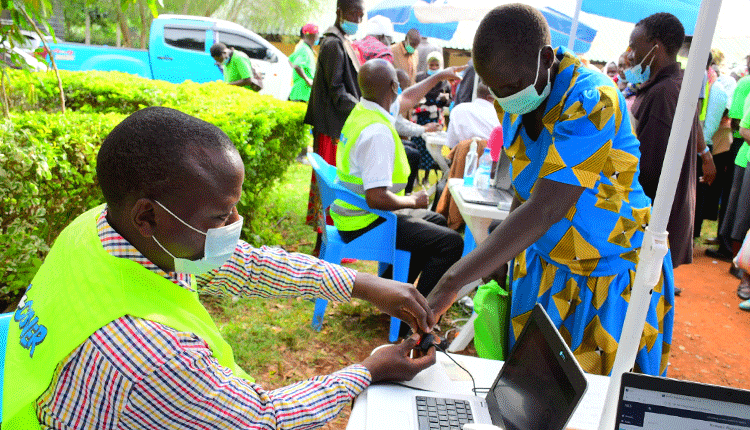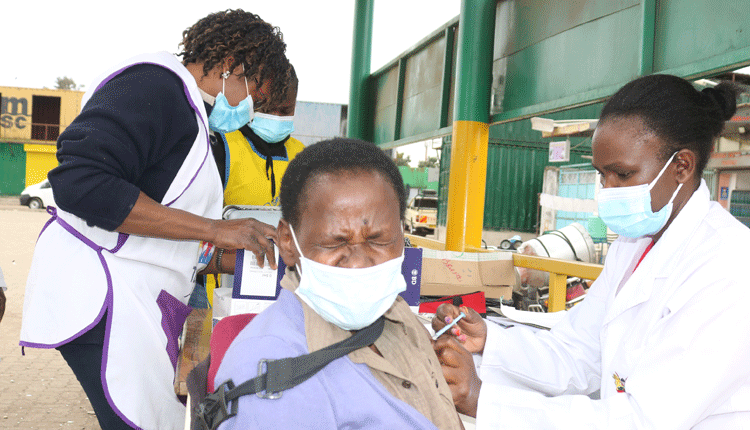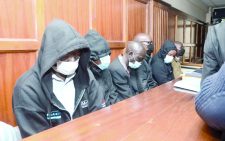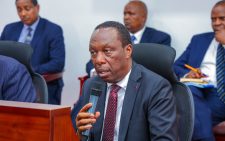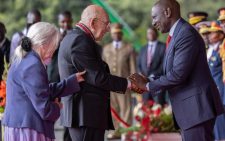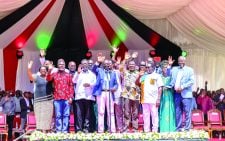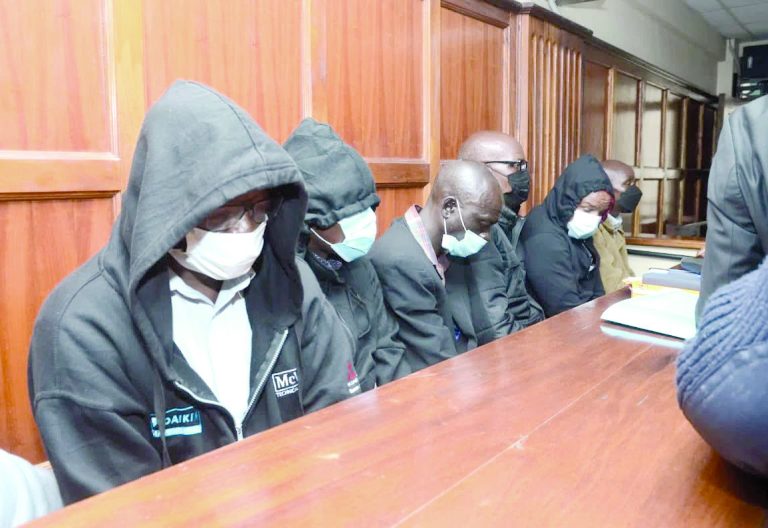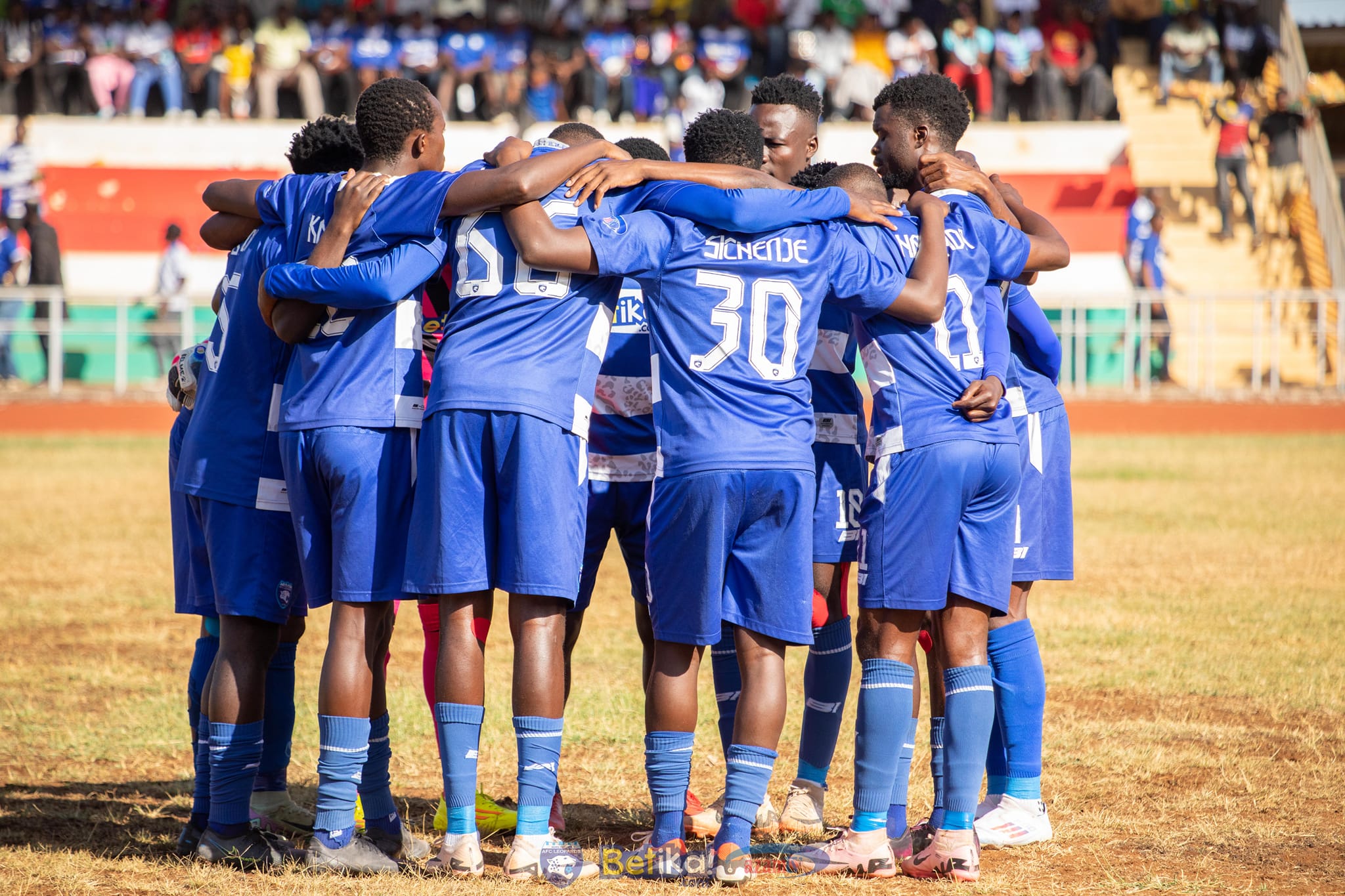Kemri’s detection tool to boost Corona contact-tracing efforts
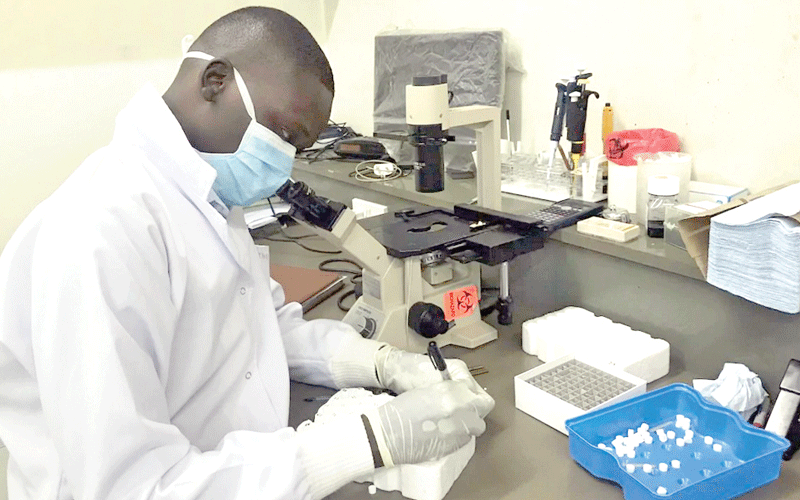
Researchers at the Kenya Medical Research Institute (Kemri) Wellcome Trust in Kilifi have developed an immunological assay—a tool used to detect virus footprints or antibodies—to track the number of people who have been exposed to Covid-19 in the local population.
The move is part of Covid-19 response aimed at helping understand the way the virus behaves in various populations.
The researchers are tracking the antibodies through a process called Polymerase Chain Reaction (PCR) assay, which according to virologists, is able to detect antibody response on a Covid-19 patient who has stayed with the virus for long and the viral load has started to reduce.
According to Prof George Warimwe, a virologist and principal investigator at the institute, the process is able to tell the number of persons in a particular population, who had a previous exposure to the virus by detecting the footprints in their bodies.
“If you go to a place let’s say Kilifi, you can be able to tell how many individuals had previous exposure to the virus…
This method picks up exposure history of individuals who are much later in the infection cycle.
“So if you are infected today and I use that assay to work out whether you have been previously exposed, it might not give positive results because the body needs some time to respond and that is why the PCR assay works very well,” said Warimwe.
The approach, the virologist says, is based on the research experience at the 29-year-old Kilifi-based institute.
“This is important because it is a way of learning how to fight infections …we are doing lots of infections control like wearing masks, washing hands and social distancing but most importantly we need to understand how the virus behaves in this population,” Warimwe said.
“There is lots of data from other parts of the world where infected people are asymptomatic- they don’t show symptoms and we don’t know how the immune response for instance is like for those who are asymptomatic to those who have mild disease, those who have severe disease and those who succumb to infection.”
He said they could start asking the above questions once they have a good data set of the relevant population in Kenya.
“This sort of information is important in the overall response. We need to understand how the disease actually affects the population because we can’t assume that the way the disease behaves in the local population is similar to how it behaves in a place like Angola for example or any other country,” explains the virologist.
Head of Bioscience Dr Isabella Oyier said the institute had been working on basic science research in malaria, arboviruses, HIV, enteric and respiratory viruses and malnutrition studies.
As part of response to Covid-19, she said the institute is banking on a wealth of experience it has harnessed in undertaking epidemiology programme primarily focusing on arboviruses such us chikungunya, dengue and zika viruses.

